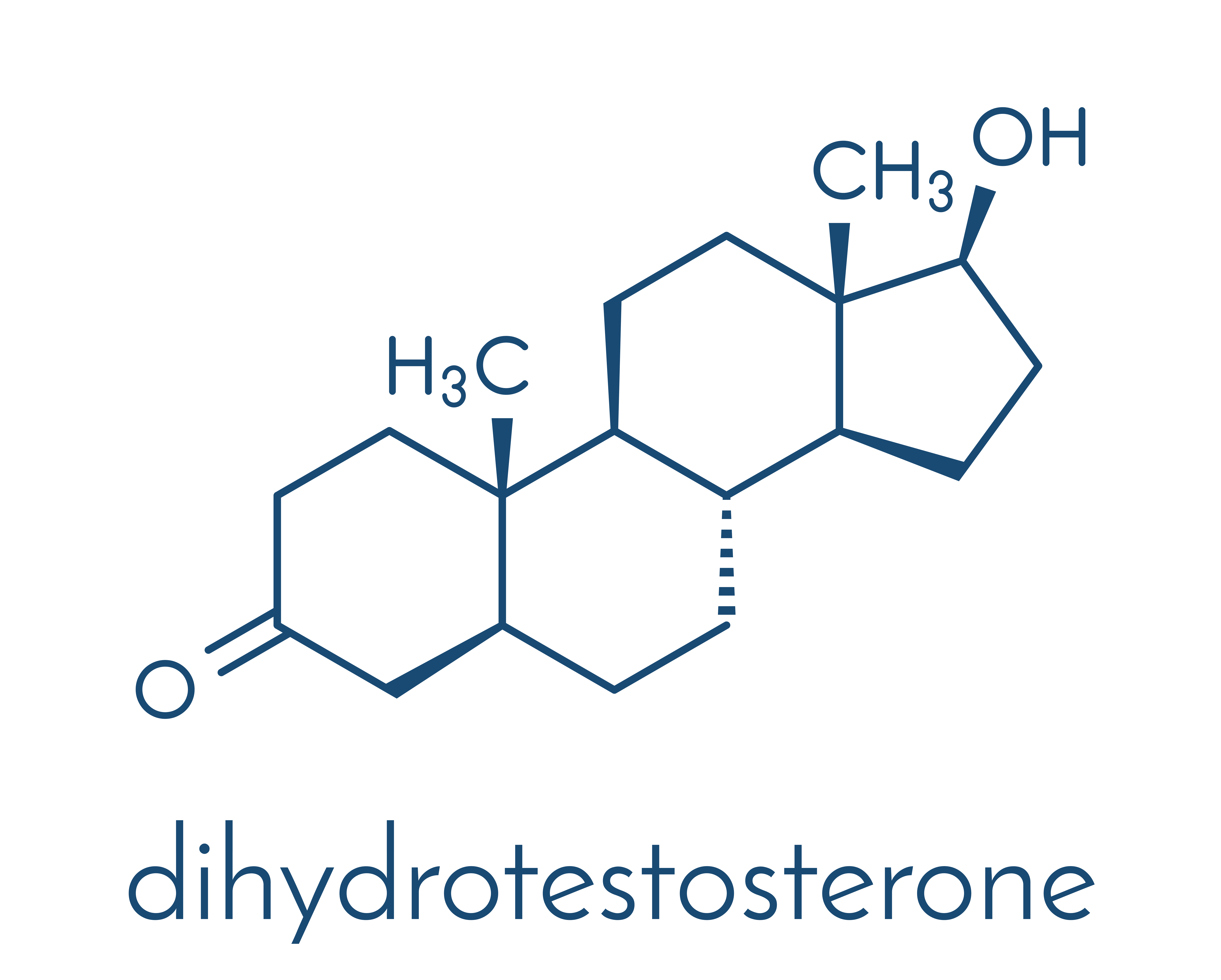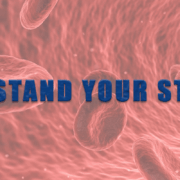What is MTHFR?
MTHFR is a gene in the body responsible for the manufacturing of the MTHFR enzyme called methylenetetrahydrofolate reductase. This enzyme is necessary for methylation (an epigenetic signaling tool that cells use to lock genes in the “off” position), DNA repairs, and support of other key functions in the body. Methylation is essential to convert both folate and folic acid into an active form that can be readily used by the body. We know that folate and folic acid are important to maintaining hair health. Those with this mutation may be experiencing hair thinning or hair loss. Individuals with this mutation may also develop a folate deficiency as well.
“The benefit of recognizing MTHFR deficiency early is that you can start preventative therapy, including a high folate diet, very early in life and prevent or reduce the most severe effects,” says Fritz Roth, a professor of molecular genetics in the Donnelly Centre for Cellular and Biomolecular Research at the Temerty Faculty of Medicine and senior author on a new study into the genetic causes of the disorder.
Their findings are published in the American Journal of Human Genetics.
There are likely thousands of variants circulating in the population whose effects on folate metabolism—and health—remain unknown. Knowing which variants impair enzyme function can help predict, and possibly prevent, the negative consequences associated with MTHFR deficiency.
Why is this important?
Methylation is essential to convert both folate and folic acid into an active form that can be readily used by the body. We know that folate and folic acid are important to maintaining hair health.
What Next?
Consider amino acid supplementation. Aminos are the building blocks of the proteins in our body and they also play a very critical role in our hair health. MTHFR is especially important for converting an amino acid called homocysteine into the amino acid methionine. Those sensitive to this mutation may also develop a higher homocysteine level, which has been linked to an increase in cardiac disease and stroke. Not a GENE you should be messing around with!
The following resources can help you learn more about this disorder:
https://www.cdc.gov/ncbddd/folicacid/mthfr-gene-and-folic-acid.html
https://rarediseases.info.nih.gov/diseases/10953/mthfr-gene-variant
If you would like to get tested for the MTHFR gene mutation and are looking for answers to your hair loss questions contact us today at 615.662.8722 or complete our consultation form online.











